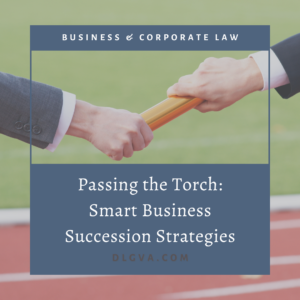
5 Essential Legal Documents You Need for Incapacity Planning
Comprehensive estate planning involves more than just planning for your legacy after your death, by avoiding probate, and reducing taxes. Good estate planning also appoints

Estate Planning Tips for Business Executives
As a business executive, you are used to strategizing and creating goals as part of your job. But have you devoted time to strategizing and

Estate Administration Details that TV and Movies Get Wrong
While television and movies provide great entertainment, they are not always factual. Even shows based on real events are not entirely accurate. Creators of television

What Happens to Your Mortgage When You Die?
Your mortgage, like the rest of your debt, does not simply disappear when you die, unfortunately. If you leave your home that has an outstanding

Passing the Torch: Smart Business Succession Strategies
For many business owners, their business is one of the most valuable and important things they own. When it is time to sit down and

Estate Planning with a Non-U.S. Citizen Spouse
A couple in which one spouse is not a U.S. citizen may need to engage in special estate planning. It is important to note that

Should Private Schools Be Concerned About Title IX Regulations?
In 2022, a federal district court in Maryland held that tax exemption qualified as federal financial assistance to subject a private religious school to Title

Bills and Services to Cancel—and Keep—When a Loved One Dies
A loved one’s passing is challenging on many different levels. In addition to the emotional difficulty of processing someone’s death, there are also the many

Can Artificial Intelligence Programs Write Basic Estate Planning Documents?
With the increased coverage of artificial intelligence (AI) and all of the applications it can have in our everyday lives, some people may wonder whether



